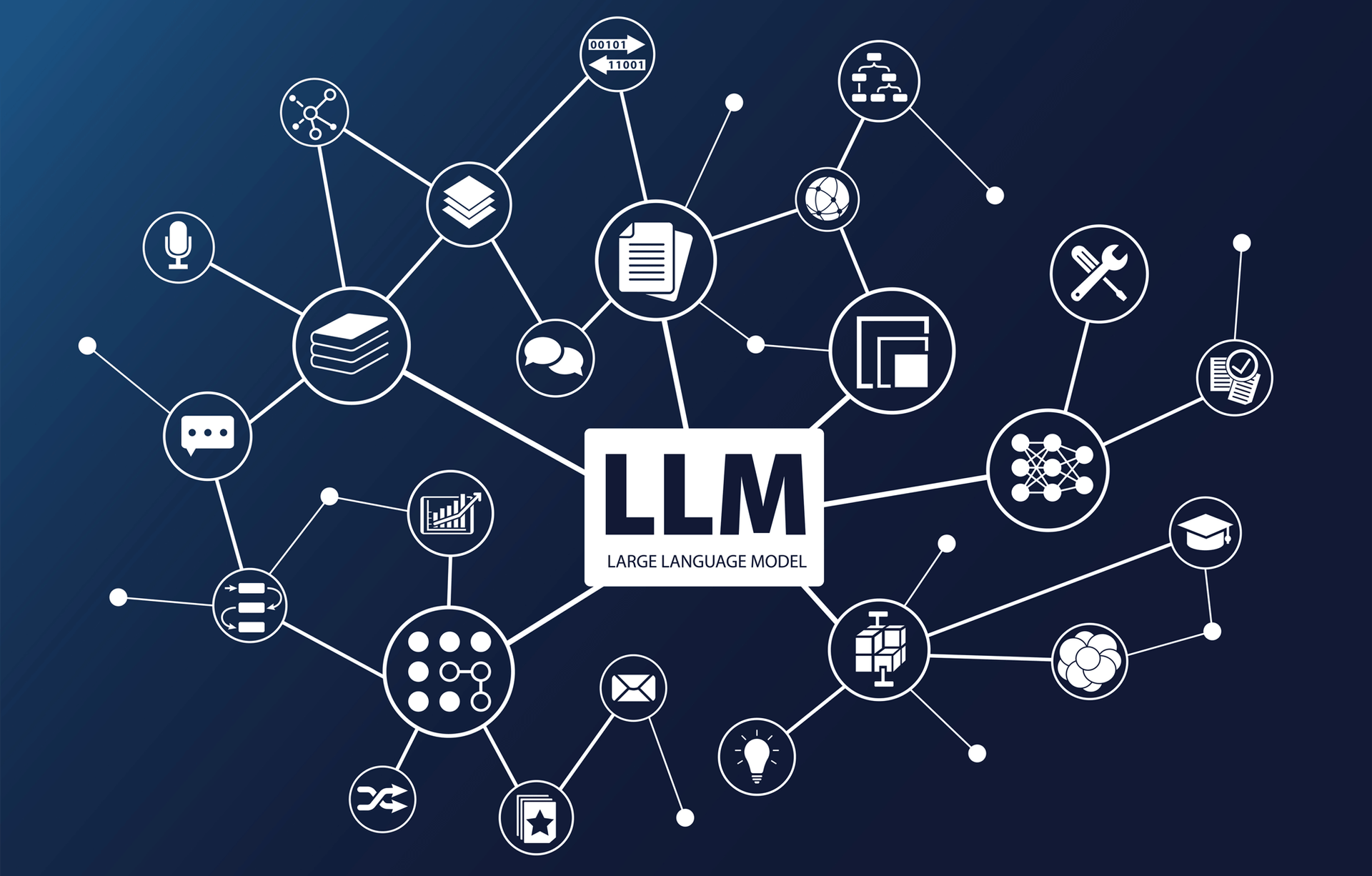Should New Zealand Follow Singapore’s AI Education Boost?
Can New Zealand Follow Singapore’s AI Education Lead to Reverse the Productivity Decline? As AI investment soars into the trillions, workers skilled in AI are outpacing those who aren't. How can we prepare our workforce to embrace the AI revolution, boost productivity, and overcome the fear of change?

Singapore's AI education initiatives are geared towards driving productivity gains. So why isn't New Zealand adopting similar measures to address its declining productivity per capita?
New Zealand's productivity per capita has been a growing concern, with experts warning that the country is falling behind its global peers. While other economies ramp up their investment in education and AI technology to drive productivity gains, New Zealand's productivity growth has been declining. From 1993 to 2013, productivity increased by an average of 1.4% per year, but over the past decade, it has slowed to just 0.2% per year, highlighting the country's struggle to keep pace (read more).
Meanwhile, Singapore has been taking bold steps to ensure its workforce is not only prepared for the future but is leading it. A prime example is Singapore's recent initiative to offer top scholarships for AI education and retrain employees over 40 with cutting-edge AI skills. The question is, why isn’t New Zealand doing the same?
Singapore's Strategic Investment in AI Education
Singapore is one of the first countries globally to publish a National AI Strategy, and recently committed over 1 billion Singapore dollars (approximately NZ$1.2 billion) to further enhance its AI capabilities over the next five years.
Recently, the Singaporean government introduced two significant initiatives that underscore this commitment:
- Top Scholarships for AI Education: Singapore launched a program to fund 1,000 Master’s and PhD courses at prestigious global universities, focusing on emerging technologies like AI. This initiative is part of their broader Smart Nation drive, aimed at ensuring Singapore remains a leader in technological innovation. Read more.
- AI Retraining for +40 Year Old Workers: In another visionary move, Singapore has committed to retaining employees over 40 years old through cutting-edge AI education. This program is designed to equip older workers with the skills needed to thrive in an AI-driven economy, thereby boosting their productivity and employability. Read more.
These initiatives demonstrate Singapore’s understanding that a well-educated, tech-savvy workforce is key to sustaining economic growth and enhancing productivity. By investing in both the young and the more experienced segments of their population, Singapore is ensuring that no one is left behind in the tech revolution.
New Zealand’s Productivity Problem
New Zealand, however, is facing a notable productivity challenge. Even with a well-educated population and an expanding tech industry, the country's productivity per capita is slipping compared to places like Australia and many countries in Europe.
I believe this decline is due to several factors, including limited investment in higher education and technology, along with inadequate support for workforce upskilling and retraining.
AI is a rapidly evolving technology, and while its full potential is still being realised, it's clear that it's here to stay. To avoid falling further behind, New Zealand must embrace AI as early adopters. Without a proactive approach to enhancing productivity, we risk lagging behind other developed nations. The tech sector, particularly AI, offers significant growth opportunities, but capitalizing on this potential requires a workforce that is both highly skilled and adaptable.
This is where Singapore’s approach to AI education and retraining could serve as a valuable model.
How AI Education Can Boost Productivity in New Zealand
One critical area that New Zealand must address is the need for AI training to reskill workers who may become redundant or are at risk of losing their job due to technological advancements. As AI and other emerging technologies continue to reshape industries, workers who are proficient in AI will replace those who are not. This shift highlights the importance of incorporating advanced tech education into the nation's strategy to boost productivity.
The benefits of AI and advanced tech education extend far beyond individual career prospects—they have a direct impact on national productivity. Here’s how:
- Enhanced Workforce Skills: By offering scholarships and funding for advanced tech education, New Zealand could equip its workforce with the skills needed to leverage AI and other emerging technologies. This would lead to more efficient processes, innovative products, and ultimately, higher productivity across various industries.
- Closing the Skills Gap: The rapid pace of technological advancement has created a skills gap in New Zealand, particularly in areas like AI, data science, and cybersecurity. By investing in education, the country could close this gap, ensuring that businesses have access to the talent they need to grow and compete globally.
- Empowering Older Workers: Like Singapore, New Zealand could also benefit from retraining older workers in AI and other emerging technologies. As the workforce ages, it’s crucial to ensure that all workers, regardless of age, have the skills needed to remain productive and employable. This could help reduce unemployment rates among older populations and enhance overall productivity.
- Driving Economic Growth: A more productive workforce means stronger economic growth. By investing in AI education, New Zealand could see significant gains in GDP, driven by higher productivity levels and a more competitive economy.
By prioritising AI education, New Zealand has the potential to reverse its productivity decline, close the skills gap, and create a more dynamic, future-ready workforce.
Why Isn’t New Zealand Following Singapore’s Lead?
Given the clear benefits of such initiatives, why hasn’t New Zealand adopted a similar approach? There are several possible reasons:
- Lack of Vision: It’s possible that New Zealand’s government hasn’t fully recognised the potential of AI and thus AI education to drive productivity gains. Unlike Singapore, which has a long-term strategic vision, New Zealand may be too focused on short-term challenges to invest in long-term solutions.
- Budget Constraints: Funding for advanced education and retraining programs requires significant investment. New Zealand’s government may be reluctant to allocate the necessary resources, especially in a tight fiscal environment.
- Complacency: There may be a belief that New Zealand’s current education and workforce development programs are sufficient to meet future needs. However, as global competition intensifies, this complacency could prove costly.
- Trust:
Fight or flight? We struggle to trust AI. Instead of embracing it, we’re choosing to ignore it, hoping the challenges will simply go away.
The Role of Organisations Like the Chamber of Commerce
If the government is slow to act, perhaps other influential organisations could lead the charge. The New Zealand Chamber of Commerce, for instance, has a vested interest in ensuring that businesses thrive and remain competitive. Could they spearhead a campaign, like they did during COVID, to push for more investment in AI education and workforce retraining?
The Chamber of Commerce could partner with tech companies, educational institutions, and government bodies to develop a scholarship program or retraining initiative similar to Singapore’s. By doing so, they could help drive productivity gains and ensure that New Zealand remains competitive in the global economy.
Addressing the Demand for AI Training in New Zealand
The need for such an initiative is already evident in New Zealand. Our AI training programs are inundated with individuals eager to upskill in this critical field. Unfortunately, many of these aspiring tech professionals are held back by financial constraints, unable to afford the cost of education that could significantly boost their careers and contribute to the nation’s productivity.
This situation highlights a significant gap in New Zealand’s approach to AI related tech education. The demand is there, but without adequate financial support, many potential tech experts are being left behind. By introducing a scholarship or funding program, similar to Singapore's, New Zealand could ensure that financial barriers do not prevent the development of the next generation of AI and tech leaders.
A Call to Action: New Zealand Needs to Invest in AI Education
New Zealand has the potential to reverse its declining productivity and become a leader in the tech industry, but it requires bold action from both the government and key stakeholders. Following Singapore’s lead and introducing scholarships or funding for advanced tech education could be the catalyst New Zealand needs. This isn’t just about keeping up with global trends; it’s about securing the country’s economic future.
The New Zealand government, in collaboration with organisations like the Chamber of Commerce, needs to recognise the importance of this initiative and act swiftly to implement similar programs. By doing so, they can ensure that New Zealand’s workforce is prepared to meet the challenges of tomorrow and that the country’s productivity levels are restored and enhanced.
Conclusion: Time to Act
It’s time for New Zealand to take a page from Singapore’s playbook. By investing in advanced tech education and retraining initiatives, New Zealand can boost productivity, drive economic growth, and secure its place in the global economy. The future of New Zealand’s tech industry—and the broader economy—depends on it.
So, let’s start the conversation. Let’s challenge the New Zealand government and influential organisations to step up and make a similar commitment to education, innovation, and productivity. After all, if Singapore can do it, why can’t we?
AI BLOG










